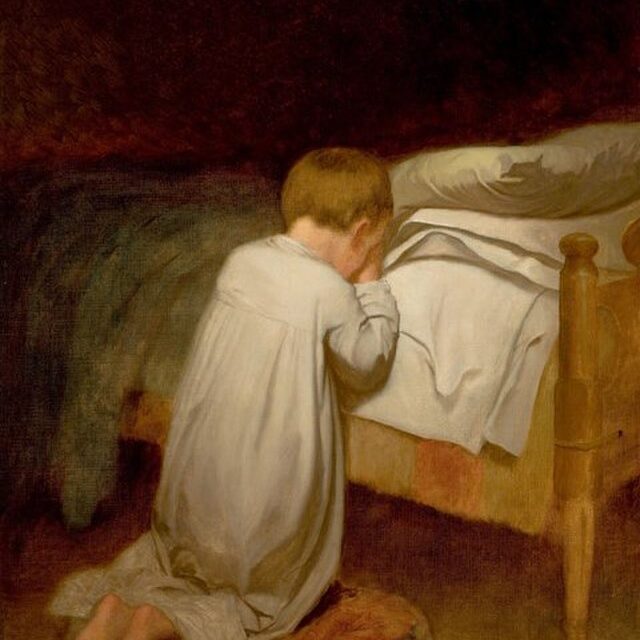I grew up believing that I could only pray to God using the sacred, reverent, formal language of “thee” and “thou.” I even believed that it was somewhat blasphemous to pray to God and say “you” and “yours.” I finally broke the rules and I prayed in my familiar language — the language I use every day. At first, I felt like I was breaking some rule. But then I began to realize that God really does not care about this thee and thou business.
One of the reasons I came to this conclusion —
I was reading a book about how America got its language by Bill Bryson — “The Mother Tongue – English and How it Got That Way.” Not only did I learn about variations of English throughout the years, but I also learned that had the early settlers — pilgrims as we call them — used the English form that was still common in England in 1590 – 1600 — “thee” and “thou” — then we possibly could be using those words today. But things changed —
The 104 pilgrims who sailed from Plymouth in 1620 were among the first generation of people to use the s form on verbs, saying has rather than hath, runs rather than runneth. Similarly, thee and thou pronoun forms were dying out. Had the pilgrims come a quarter of a century earlier, we might well have preserved those forms, as we preserved other archaisms such as gotten.
Bryson, Bill. The Mother Tongue (p. 161). William Morrow Paperbacks. Kindle Edition.
The nouns, “thee” and “thou” have an interesting history. And it really has nothing to do with reverence and grace when praying to God.
In South Yorkshire, around Barnsley, people still use thee and thou as they did in Shakespeare’s day, though the latter has been transformed over the centuries into tha’. Complex unwritten rules govern the use of these words both grammatically and socially. Tha’ is used familiarly and is equivalent to the French tu. Thee is used in the objective case. Thus a Barnsley youngster might say to his brother, “Tha’ shurrup or Ah’ll thump thee,” which translates as “You shut up or I’ll punch you.”
Bryson, Bill. The Mother Tongue (p. 112). William Morrow Paperbacks. Kindle Edition.
So, my thinking has led me to understand that the English language has been and is a fluid language that changes and is different based on when and where you live. Also, I am not one to believe that the Bible is 100% correct in its translation from Hebrew, Greek, and Latin. Scribes have made errors and the Hebrew language is not easily translated into English. Things get lost. Those in charge over the years do not always keep accurate records. People have opinions. Only you and God know your heart. Nobody can judge your intentions or lack of “proper prayer language.” In fact, I was taught at church how to pray using “thee” and “thou”: Address God, give thanks, ask for blessings, close in the name of JC, Amen. I was also taught to fold my arms (which I’ve talked about.)
I agree that we should be thankful. And thank God. Be less repetitive and more in the moment. Sincere. Honest. Hopeful.
But from my perspective, it is not necessary to use “thee” and “thou.” In fact, it’s ok.


